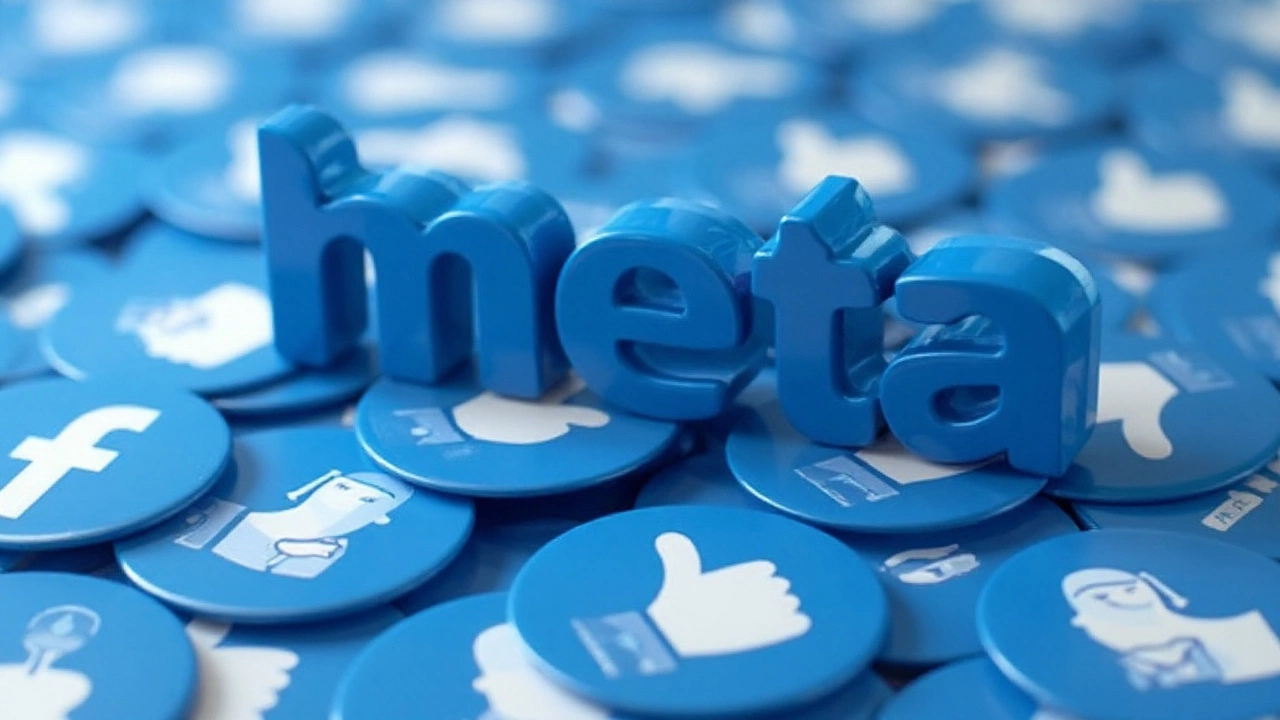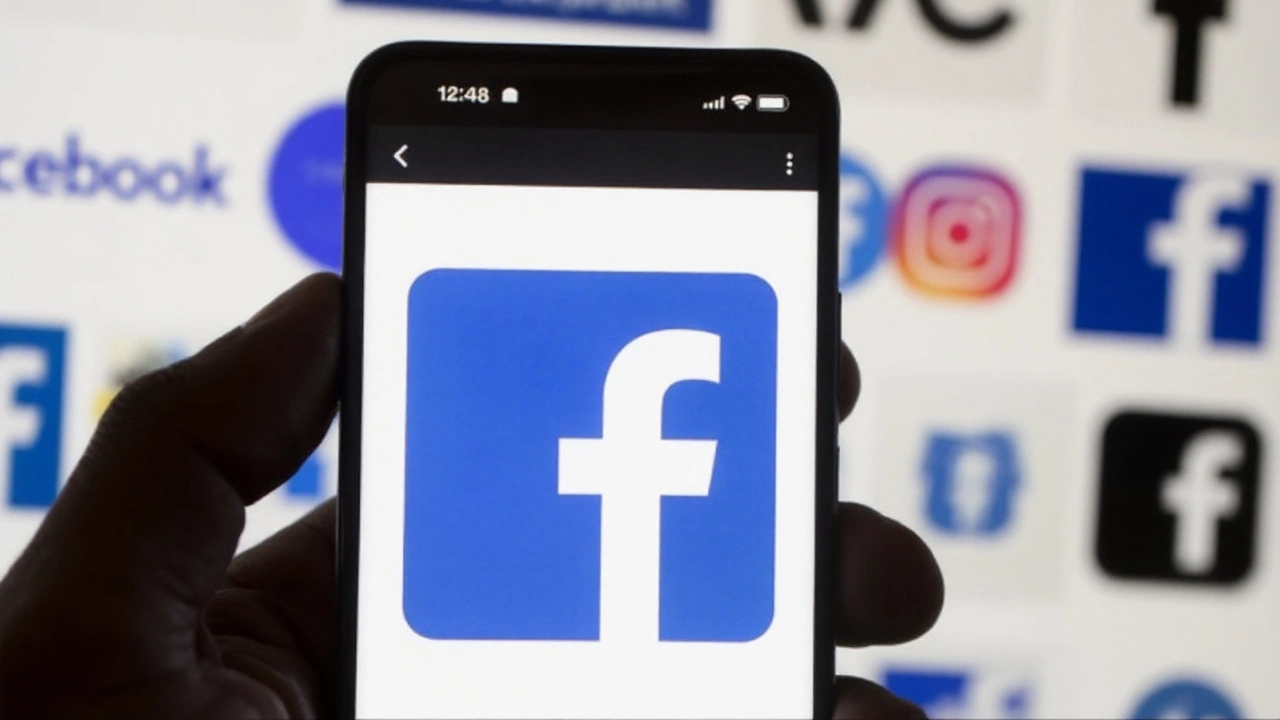Millions of Facebook users are finally seeing money hit their accounts from the record $725 million privacy settlement tied to the Cambridge Analytica scandal. After years of legal back-and-forth and two appeals that slowed the schedule, a federal court has given final approval, and the court-appointed administrator, Angeion, has started sending payments in waves. This is the largest U.S. class action by number of participants, with more than 19 million validated claims.
At its core, the Facebook privacy settlement resolves claims that the company let outside firms access personal data without proper consent, most infamously through Cambridge Analytica’s use of a personality quiz that siphoned information from users and, through friend connections, many who never took the quiz at all. Meta, Facebook’s parent, still says it did nothing wrong but agreed to pay to avoid the uncertainty and cost of a trial.
The scale is massive, but the individual checks are modest. Approved claimants are getting email notices a few days before money goes out. Because of the volume, the administrator is using a staggered schedule over about 10 weeks, with a 75‑day distribution window to clear the bulk of payments.
What’s being paid, who gets it, and how it’s calculated
The class period stretches from May 24, 2007, through December 22, 2022—nearly 15 years that cover Facebook’s explosive growth and the peak of third‑party app access. Eligible claimants are people in the U.S. who had an account at some point during that window and filed a valid claim during the submission period. The claims window is closed; this is the payout phase.
Amounts vary widely because they’re based on two things: how many people filed valid claims, and how long each person maintained an active account during the class period. The settlement uses a points system—one point per month of active use. Add up all points from all claimants, divide the net fund by that total, and that’s how each month is priced. Your final payment is the per‑month value multiplied by your months on the platform within the class period.
Court filings show the individual awards land between roughly $4.89 and $38.36, with an average around $30. That’s after subtracting approved legal fees, administrative costs, and service awards from the $725 million gross fund. People who were on Facebook for most of the 15‑year span are getting more than those who joined briefly and left.
Here’s what the rollout looks like for users who filed:
- Email notification typically arrives 3–4 days before payment.
- Payments go out in waves to manage volume and fraud checks.
- Expect several digital options—such as direct deposit to a bank account, PayPal, Venmo, Zelle, or a prepaid card—plus paper checks for those who chose mail delivery.
- If a digital method bounces (wrong account or closed wallet), the administrator usually retries or switches to a backup option like a paper check.
A quick word on scams: no one needs to pay a fee to receive this money. The settlement administrator will not ask for passwords or two‑factor codes. If you see messages demanding urgent action or payment to “unlock” funds, ignore them.
For people wondering about taxes, settlement money can be taxable depending on the nature of the claim and any interest included. Given the small amounts here, many recipients won’t see tax forms, but rules vary. If you’re unsure, ask a tax professional.
Missed the claims window? There isn’t a second round for late entries. Class actions set hard deadlines to finalize who’s in, and the court locks those lists before distribution starts.
Why the long wait between the settlement announcement and payout? Two appeals by objectors needed to be resolved before the court could green‑light distribution. With those challenges now closed, the administrator can push payments at scale. The phased schedule helps avoid bottlenecks at banks and payment processors, and gives time to fix bounced transactions.
Administrators also use anti‑fraud tools to spot duplicate claims or suspicious patterns—normal for a case with tens of millions of submissions. Valid claims cleared that screening are now being paid in the order set by the court and the program plan.

How we got here—and why it matters beyond this payout
The Cambridge Analytica saga became public in 2018, when it emerged that a political consulting firm harvested data from tens of millions of Facebook profiles through a quiz app. That data was used to build voter profiles and target political messaging. Cambridge Analytica shut down the same year, and regulators in the U.S. and U.K. opened probes. The U.K.’s Information Commissioner fined Facebook under old rules, and in the U.S., the Federal Trade Commission later secured a $5 billion privacy settlement with Facebook in 2019 and tightened oversight under an earlier consent decree.
On the civil side, dozens of lawsuits from users around the country were consolidated in federal court. Lawyers dug into how third‑party apps accessed friend networks through older versions of Facebook’s API and whether user permissions were clear and specific enough. Facebook had already begun tightening rules for developers years earlier, but plaintiffs argued the damage had been done—data had spread far beyond users’ expectations.
The settlement does not mean the company admitted any legal violation. Meta’s position is that it adjusted its systems, cut off broad friend‑data access, and built tools like privacy checkups and activity controls to give people more visibility. The company says settling lets it move on and focus on current products and security.
Still, the case lands at a sensitive time for tech and privacy. Since 2018, sweeping laws like Europe’s GDPR and California’s Consumer Privacy Act (now enhanced by the CPRA) have raised the bar on data transparency, consent, and enforcement. Class actions—especially those that marshal millions of claimants—have become a de facto way to test how far platforms can go in sharing or profiling user data.
What does this actually change for users? No single case rewrites the internet, but the pressure adds up. Platforms have largely shut off the old “friends-of-friends” data firehose that defined the early app era. Today’s developer access is narrower, heavily logged, and often requires more granular permissions. Behind the scenes, legal, security, and privacy teams now sit much closer to product decisions—partly to avoid cases like this one.
This settlement also highlights a practical reality: when harms are spread across millions of people, per-person payments are small. That doesn’t mean they’re meaningless. The signal to companies and investors is clear—loose data practices can lead to years of litigation, regulatory heat, and big checks. For plaintiffs’ lawyers and privacy advocates, it’s proof that class actions can move the needle even when no one person has a blockbuster claim.
There’s another layer: courts are getting tougher on notice, claims validation, and fraud prevention. With social platforms reaching billions, future privacy cases will likely lean on staggered payouts, multiple digital wallets, and richer verification to keep money flowing to real claimants while blocking bots and opportunists.
If you’re a claimant waiting your turn, here are signs your payment is coming soon:
- You received an official email indicating the distribution window and your chosen payment method.
- You see a pending transfer from a payment processor associated with the settlement administrator.
- You previously confirmed or updated your payment preference and contact details.
And here are red flags that something’s off:
- Messages asking you to pay a “processing fee” or to send crypto to release funds.
- Emails that push you to click unusual links or provide your Facebook password.
- Contacts from unfamiliar domains that don’t match the administrator’s communications.
Zooming out, the Facebook case won’t be the last major privacy payout. Lawsuits over location tracking, browser mode disclosures, and biometric data are advancing against multiple companies. Each one tests where the lines are—and whether the remedies actually steer corporate behavior.
For now, the news is simple: the court said go, the administrator opened the pipeline, and money is landing. If you filed a valid claim and kept your details current, expect your payment in one of the scheduled waves over the coming weeks. If you didn’t file, this round has passed, but the message of the case is loud enough: data decisions made years ago can carry a long, expensive tail.
